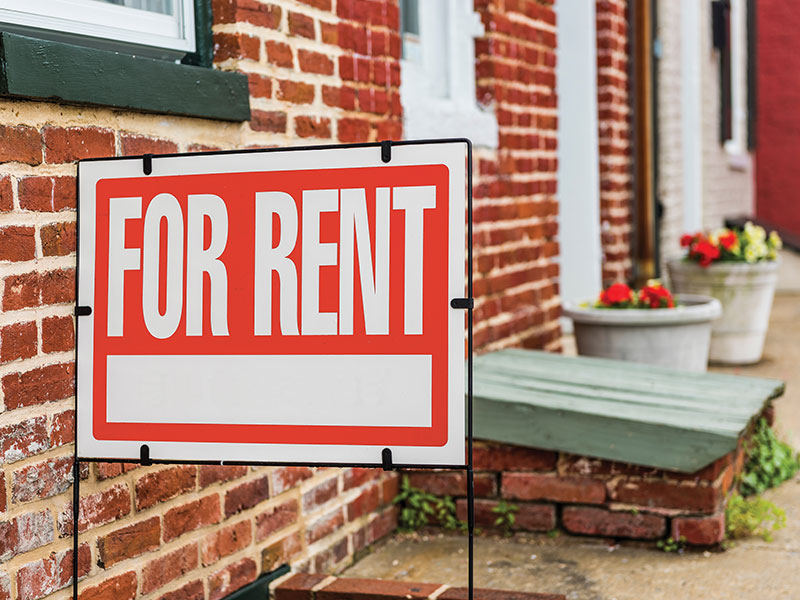Navigating rental agreements and housing laws can be complex, particularly when faced with rent increases. As a tenant in Michigan, understanding your rights and the landlord’s obligations regarding rent increases is crucial for protecting your housing stability. This guide explores essential aspects of Michigan rent increase laws, empowering you to make informed decisions in 2024 and beyond.
Rent increases are a reality for many tenants. Economic factors, rising property costs, and market fluctuations can lead landlords to adjust rental rates. In Michigan, while certain protections exist, understanding your rights helps you avoid unexpected costs and potential disputes. Knowledge of rent increase regulations offers peace of mind and the ability to plan your living expenses accordingly.
Key Points of Michigan Rent Increase Laws
- Limits on Rent Increase Amounts: Michigan has no statewide law that places a cap or limit on the amount a landlord can raise rent. This means landlords are generally free to increase rent as they deem necessary, potentially leading to significant increases for tenants.
- Notice Requirements:
- Lease Termination: For tenancies ending at a specific time (e.g., a one-year lease), landlords must provide at least 30 days’ written notice prior to the lease ending, including the new rental amount, if the rent is being increased, [https://www.payrent.com/articles/michigan-lease-agreements-a-2024-guide/].
- Month-to-Month Leases: For month-to-month tenancies, at least 30 days’ written notice is required for a rent increase [https://ipropertymanagement.com/laws/michigan-rent-increases].
- Retaliatory Rent Increases: Michigan law prohibits landlords from increasing rent in retaliation against tenants who exercise their legal rights. This includes actions like reporting health and safety violations or joining a tenant’s union [https://www.legislature.mi.gov/].
- Rent Control Ordinances: State law prohibits local municipalities from enacting rent control ordinances. This means cities and townships in Michigan cannot impose limits on rent increases [https://www.bridgemi.com/michigan-government/michigan-rents-are-rising-prompting-debate-about-tenant-protections].
Handling Rent Increases as a Tenant
- Review Your Lease Agreement: Your lease is a vital document. Carefully examine it for any clauses related to rent increases. Some leases may include terms detailing how often and by how much a landlord can increase rent.
- Negotiate with Your Landlord: If you face a significant rent increase, consider opening a dialogue with your landlord. Express your concerns and try to negotiate a more manageable increase or a longer phase-in period. Maintain a respectful and professional approach, focusing on a mutually beneficial outcome.
- Challenging Unreasonable Increases: While Michigan lacks specific limits on rent increases, grossly unreasonable or excessive hikes could potentially be challenged. Seek legal advice from a tenant advocacy organization or an attorney specializing in landlord-tenant law if you believe an increase is unreasonable.
When Rent Increases Might Be Illegal
- Discrimination Rent increases cannot be based on discriminatory grounds protected under the Fair Housing Act. These factors include race, color, religion, national origin, sex, familial status, and disability. If you suspect discrimination, contact a fair housing organization or an attorney.
- Breach of Contract: If your lease agreement outlines specific conditions for rent increases that your landlord violates, this could constitute a breach of contract. Document communication and carefully review your lease to support a potential breach of contract claim.
Resources for Tenants
- Michigan Legal Help: This website (https://michiganlegalhelp.org/) provides legal information and resources for low-income tenants across Michigan. Here you can find self-help tools and potentially connect with legal aid assistance if needed.
- Fair Housing Centers: Michigan has fair housing centers that advocate for tenants’ rights and investigate potential discrimination cases. You can find a center near you by searching the National Fair Housing Alliance database (https://nationalfairhousing.org/).
- Tenant Advocacy Organizations: Several organizations in Michigan specifically focus on assisting tenants and upholding their rights. They may offer educational resources, counseling, and assistance in handling rent increase negotiations or disputes. Conduct an online search for tenant advocacy groups in your area.
Conclusion
Understanding Michigan’s rent increase laws is essential for tenants to protect themselves and maintain stable housing. While Michigan offers limited restrictions on rent increases, tenants still have rights regarding notice periods and protection against retaliation. By being aware of your lease terms, available resources, and instances where rent increases might be unlawful, you can manage rental costs and advocate for yourself effectively.
Additional Considerations:
- Market Conditions: Be mindful of the prevailing rental market in your area. Research comparable rents for similar units to assess whether the proposed increase aligns with the market rate. This knowledge can strengthen your position if you negotiate with your landlord.
- Long-Term Considerations: If you face frequent or substantial rent increases, it might be necessary to explore alternative housing options that fit your budget. Proactive budgeting and planning can help mitigate the impact of unpredictable rent fluctuations.
Disclaimer: This article provides general information and should not be interpreted as legal advice. If you face specific legal concerns regarding rent increases or landlord-tenant disputes, it’s strongly recommended to consult an attorney or a qualified legal aid organization.



